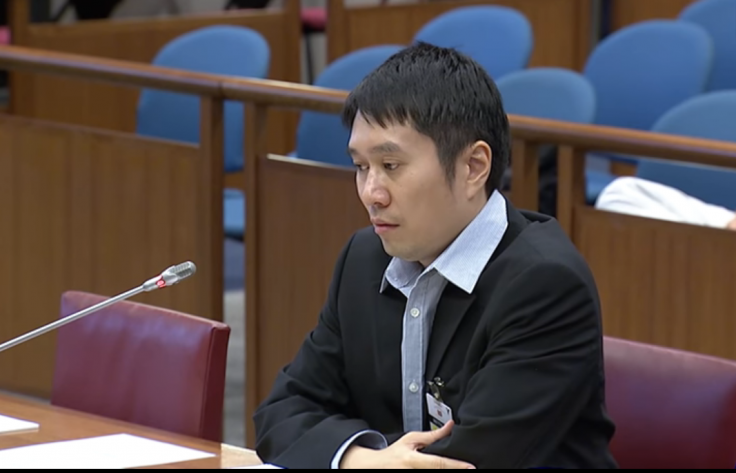
Singapore court on Tuesday, October 9 found activist Jolovan Wham guilty of contempt of court for his online comments on Facebook, posted on April 27 this year. Along with Wham, John Tan, a member of the opposition Singapore Democratic Party, was also found guilty of "scandalizing the judiciary" with the similar social media post, which was published May 6.
As per the posted comments, the civil rights activist Wham wrote that compared to Singapore, Malaysia's judges were more independent when it comes to the case with political implications.
The South-east Asian city state's Hight court judge Woo Bih Li said in his ruling that the posts of both Wha, and Tan "posed a risk that public confidence in the administration of justice would be undermined."
As per the media release, he also added that while "Wham's post wrongfully alleged that the Singapore courts lack integrity and are not impartial in the discharge of judicial duties in cases where the Government of Singapore or political office holders are litigants, deciding such cases in favour of the Government of Singapore or political office holders regardless of their merits," Tan's Facebook post, "wrongfully asserted" that the activists' comment was true.
The convictions are the first under the Administration of Justice (Protection) Act 2016, which was effective since October 1, 2017. Even though Singapore Attorney General's Chambers (AGC) said, the sentencing has been adjourned to after November 7, Wham and Tan may face a punishment for contempt of court that carries a fine of up to S$100,000, including a jail term of up to three years.
During the court hearing, Wham's lawyer, Eugene Thuraisingam said that his client was not contemptuous of the judiciary as the accused was "merely comparing the relative independence" of judges in different jurisdictions.
However, as per Reuters, The deputy Asia director of New York-based Human Rights Watch, Phil Robertson said, "By using this law on scandalizing the courts against political activists, the Singapore government blatantly violated freedom of expression and confounded any real sense of justice."
"The real tragedy in this whole situation is Singapore thinks it's OK to employ such a rights-abusing law," he further added.









